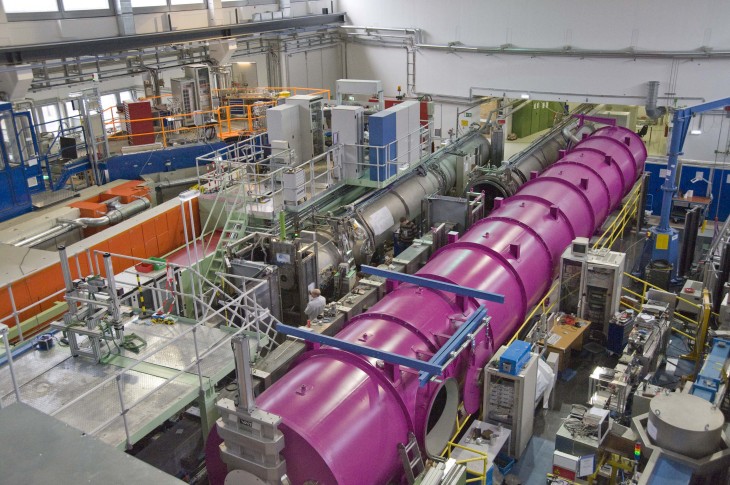Application of Neutrons and Synchrotron Radiation in Materials Science with special focus on Fundamental Aspects of Materials
About the School

The MATRAC 2 School offers a comprehensive introduction to the use of neutron radiation in the characterization of engineering materials such as energy storage materials, light alloys, and heat-resistant metals. While the experimental techniques that will be presented can also be used for different fields such as quantum materials, soft matter, or biological systems, aspects specific to those applications are covered by other specialized schools. Although the focus of MATRAC 2 lies on neutron scattering and imaging techniques, the underlying principles are also applicable to synchrotron radiation and this school can be used to build a foundation in scattering methods in general
The targeted audience consists of Master’s students, PhD candidates, postdocs, and early-career professionals from both academia and industry across Europe. No prior experience with neutron or synchrotron techniques is required – just curiosity and motivation to explore their potential in materials science.
Participants will:
• Learn the fundamentals of neutron based materials characterization methods. Comparison to the similar synchrotron based methods will be briefly presented.
• Become familiar with potential of those experimental techniques to study the structure and dynamics of materials down to the nanoscopic level.
• Explore the application of neutron measurements to real-world problems in engineering materials science.
• Discover the fascinating environment of a large scale experimental facility:
◦ Learn how to formulate a beamtime application proposal
◦ Engage in hands-on neutron experiments and data analysis during two days of practical sessions at MLZ in Garching near Munich, Germany’s national neutron source
◦ Be equipped to propose, conduct, and analyse neutron experiments independently after the school.
In addition to lectures and practical training, the school includes:
• A poster session where participants can present their own research.
• A conference dinner for networking and informal exchange.
Logistics:
• Dates: 1–6 March 2026, in Munich and Garching (near Munich).
• The application period has started. Registration deadline is 7 November 2025.
• In order to ensure the best possible mentoring and allow for practicals providing an accurate insight in how beamtimes are actually performed, the number of applicants is strictly limited – The candidates will be selected on the basis of their motivation letter and the relevance of neutron techniques to their future work.
• Accommodation and meals will be provided.
• Participation fee: €120.*
* We gratefully acknowledge the generous funding of the MATRAC 2 School by German and Swedish authorities. This support makes it possible to offer a low registration fee covering all school-related expenses, including accommodation, meals, and bus transfers to and from the practical sessions. This funding offer applies to students from Germany, Sweden, and other European countries.
In addition, travel expenses may be reimbursed following the evaluation of a submitted application. Please note that financial support is strictly limited to students affiliated to a EU based University.
